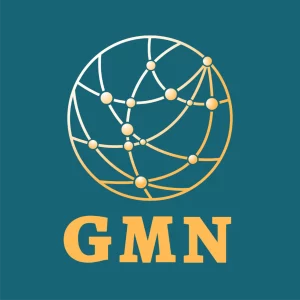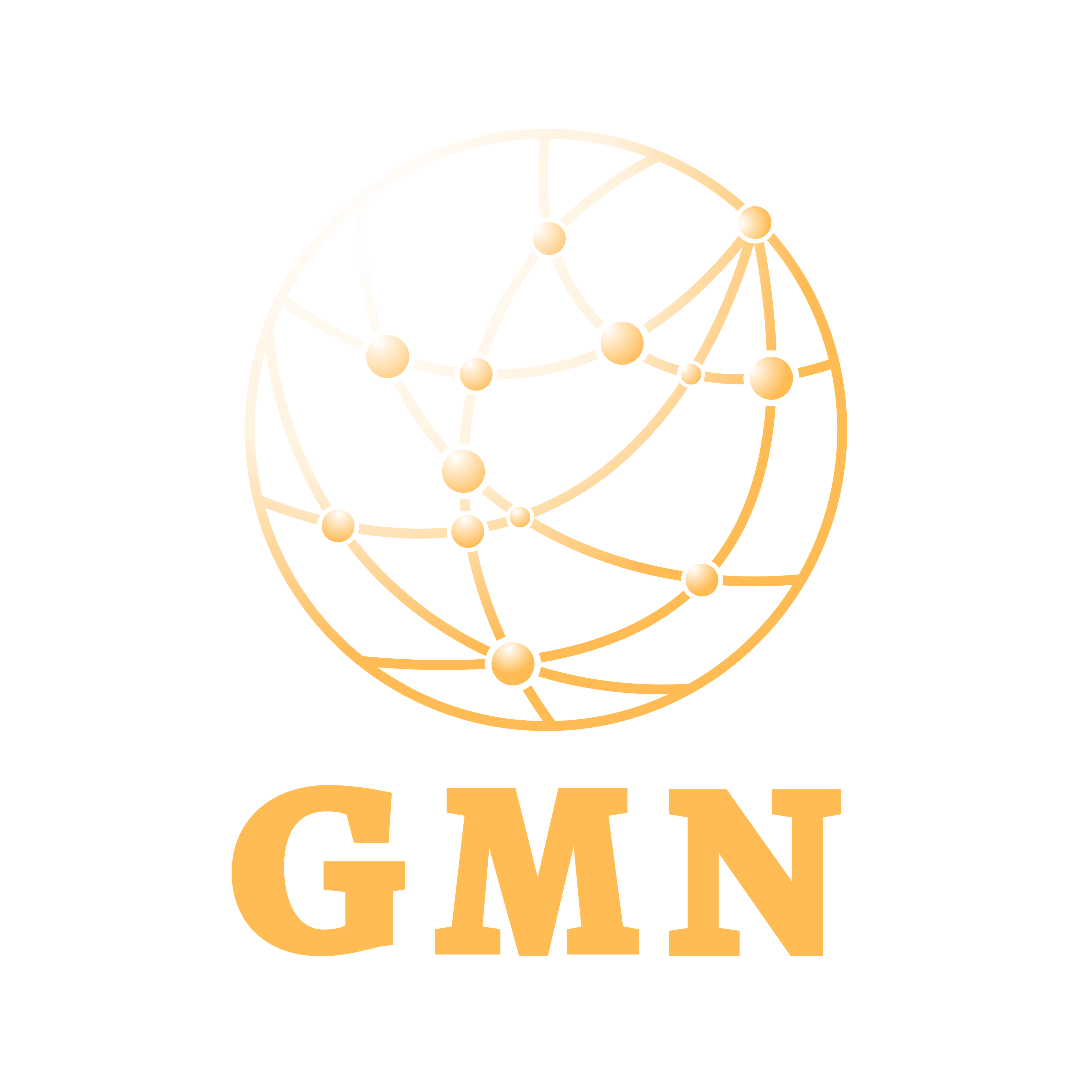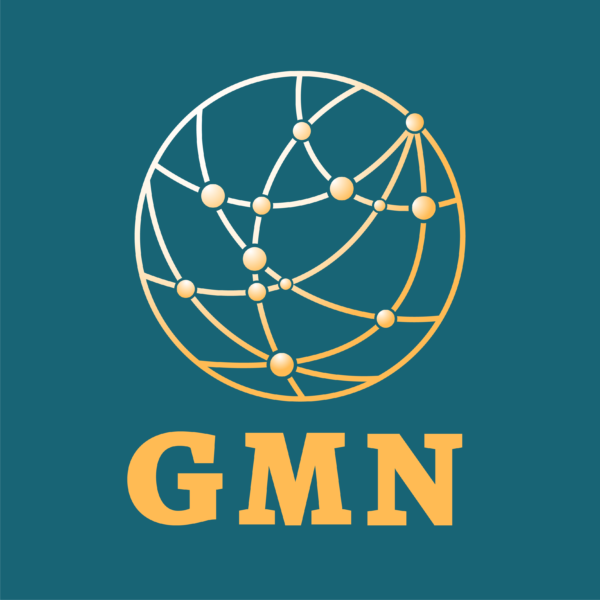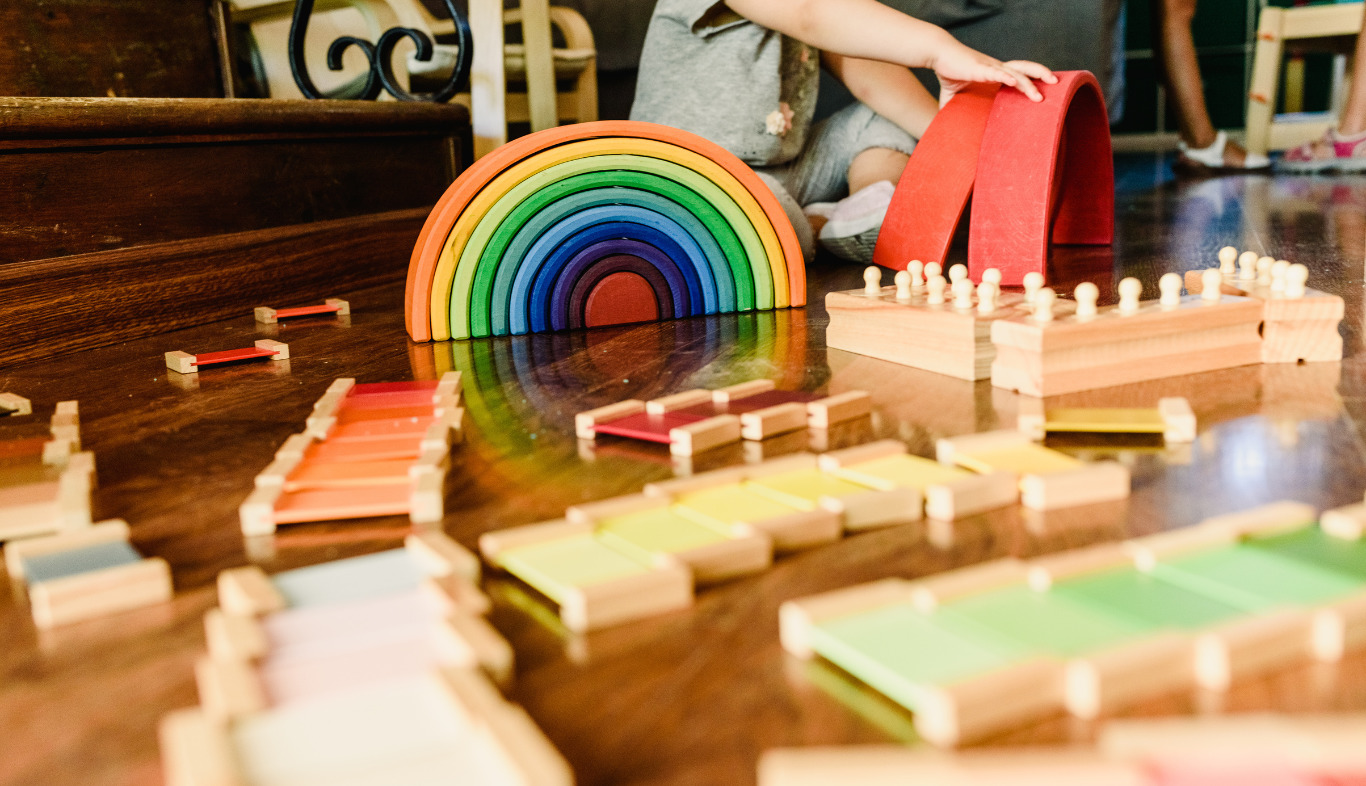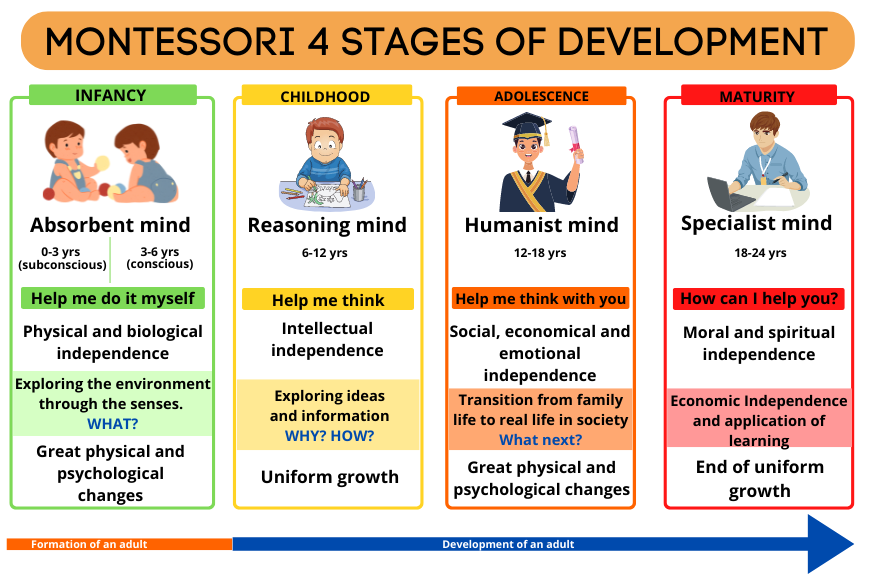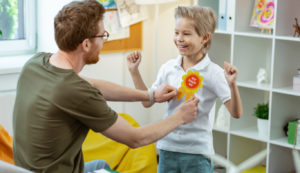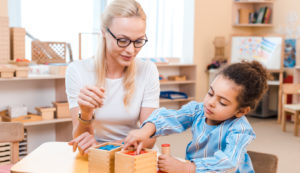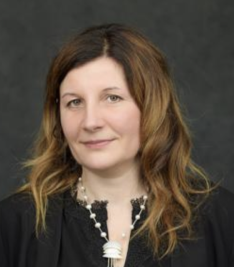Introduction
Early childhood education is a process that starts from birth and continues until the age of 8. This period is a crucial stage in the development of the child’s physical, intellectual, and social skills.
Thus, the importance of early childhood education cannot be overstated, as it helps children develop skills that will help them in their later years of schooling and their future careers.
Finding the right type of education for your child/children is a challenging and stressful endeavor. The pursuit to find the best education system for children depends on several factors, including teaching practices, the role of the educator, and classroom resources.
When considering Montessori education, parents may have misunderstandings or misconceptions. Currently, there are approximately 3,000 Montessori schools across the United States. Clearly, Montessori education has had a great impact on delivering successful teachings.
This article seeks to provide some clarity about Montessori education by providing a general explanation of its pros and cons. To provide some context, general information about its founder, Maria Montessori, is also included.
What is Montessori Education?
Montessori education focuses on educating the whole child (intellectual, physical, social & emotional development) by promoting individualized learning and focuses on a child’s interests, needs, and independence by providing children with opportunities to explore, learn, play, create, and discover.
Montessori education is based on scientific observations of children from birth to adulthood, where children pursue their own projects and choose what they want to learn based on what interests them. It is based on principles such as movement and cognition that are closely intertwined. The ability to direct one’s attention in a sustained environment fosters an array of positive development and many more.
Some of its unique features include preparing children to be independent in their daily chores, educating the whole child, hands-on learning, up to 3-hour blocks for activities chosen by children, a mixed-age classroom, skill-based materials, and curriculum.
Dr. Maria Montessori and the Foundation of Montessori Education
This educational philosophy was developed by and named after Dr. Maria Montessori, an Italian physician and educator who urged the importance of education in 1907.
During her research, she observed that children with age 3-6 years have distinct skill sets and knowledge as compared to older children who know how to follow procedures and make their own decisions about what to do next.
She took this opportunity and started a housing project in the San Lorenzo section of Rome, Italy, with 50-60 children aged 3 to 6 in January 1907. This building was named Casa Dei Bambini. It operates even today at the original location, at 58 Via Dei Marsi near the University of Rome (Kramer, 2017).
She viewed the classroom as a laboratory in which she understood how children learn best. As it was not a proper school, she furnished the classroom with small furniture specially designed for children. She also put in various learning materials that gave young teachers instructions on what to do.
Her observations during her visits and evening reports of teachers’ inspirations helped her create new materials for teachers. Dr. Montessori’s research continued for 45 years as she kept testing new approaches and materials and noting children’s reactions.
Her effort to understand a child’s learning behavior left a legacy of a broad, field-tested curriculum covering all the major subject areas-math, music, art, grammar, science, history, and practical life activities such as food preparation, daily household chores, and many more.
Montessori education was developed by experiments over her lifetime with children in places as diverse as Rome, India, Spain, the Netherlands, and the United States. Dr. Montessori even gave many lectures and wrote several books about her system for schools to follow. She then founded the Association Montessori Internationale (AMI) to carry on her work, including the training of Montessori teachers.
Montessori Theory of Child Development
Maria Montessori developed her theory of child development by observing and living with children in a school. While teaching, she observed how allowing children to choose their own learning activities enabled them to develop a deep interest in the activities they engaged in. These observations ultimately led to the development of what is now known as the “Montessori method” or Montessori education.
According to Dr. Montessori’s observations, children learn a lot by themselves and in groups. In her view, the best classroom design for any school is one in which children learn based on their developmental stages (3-year groupings) rather than in single-age groupings.
These stages of development are based on 2 basic principles:
- Children and adults can construct their own identities by reacting to their environments in different ways.
- Children have a natural, inborn path of psychological and physical development.
Besides supporting children’s development of physical and intellectual skills, these principles also enabled Dr. Montessori to discover how to provide opportunities for children to express social and emotional skills. Children can learn more efficiently by doing as they are allowed to observe, explore, discover, and create through real-life experiences with natural materials by Montessori educators.
As a result of these principles, she understands how children go through sensitive periods of learning and that each stage presents an opportunity for a particular skill set to be achieved.
Montessori 4 Phases of Development
Montessori education divides children based on 4 phases/stages of development. Each developmental phase has distinct characteristics and learning requirements.
- The first phase of development: Children aged 0-6 years fall into this category. It is the most critical stage of development. They are sensorial explorers, observers, and navigators of the concrete environment. It helps them refine their senses. During this stage of development, a child first gains language and then interests.
- The second phase of development: Children aged 6-12 fall into this category. These are children who learn to think logically in order to observe and understand the world. Groups of children often work together in order to achieve the end goal. This phase is an essential period for fostering social and emotional skills, intellectual independence, moral sense, and the initial stage of abstract thinking. Children at this stage are curious to learn new concepts and experiment.
- The third phase of development: Children aged 12-18 fall into this category. It is a time when children think abstractly in order to explore other perspectives or ideas. Children apply knowledge in real life and compete with the outside world. It is evident that they are capable of expressing themselves creatively, and their learning style is very unique. They now have reached the stage where they can choose more complex areas of learning and prepare themselves to be economically independent.
- Fourth and the last phase: Children aged 18-24 fall into this category. It is a time when individuals can synthesize their own experiences and ideas with cultural ideas and ideals or beliefs. It is the phase where adults are now independent, usually subsidize themselves financially, and lead society. Economic independence is also developed in this phase, as they no longer rely on their parents for financial security.
Pros and Cons of Montessori Education
In 2021, Forbes published an article on their website mentioning a study by Dr. Lillard, Meyer, Vasc, and Fukuda (members of the Department of Psychology, University of Virginia, Charlottesville, VA, United States). This study shows how Montessori education may be superior to conventional education methods and result in long-term benefits on psychological health and well-being.
Pros of Montessori Education
- Montessori education promotes self-motivated learning in a safe and structured environment–Montessori education focuses on developing one skill at a time using high-quality academic material that is child-friendly and active engagement to learn about the world around them. Montessori students are engaged in the learning process, making it more interesting and enjoyable.
- It provides children with opportunities to explore, learn, and play at their own pace, with no pressure from teachers or parents. In Montessori education, a child is placed at the center of learning and experience. They are provided with a variety of learning materials to choose, explore, and learn from. They are free to move around the classroom. The guides observe the child’s process of activity and only assist the child if needed.
- It creates a supportive environment in which children are encouraged to take risks and experiment with new ideas. A Montessori environment is well structured and prepared, keeping children’s developmental needs in mind to boost their learning process by exploring, and experimenting with activities. For example, while working with knobless cylinders, a child can also learn to use the combination of cylinders to create a pattern or a shape. Each activity is open-ended with a distinct harmony and purpose.
- Children are given the opportunity to learn about self-care, which is important for their future development as adults. Children, in Montessori schools, are provided with activities that help them do daily chores independently and engage in their own learning.
- The Montessori method fosters an individualized approach to teaching that can be adapted to students’ needs and stages. It lets the child take as much time as child needs to foster the skill by providing a child-like environment for them to learn with no limit. They can explore and learn at their own pace and build their own expertise.
Cons of Montessori Education
- There are an increasing number of public Montessori programs that exist in the United States and across the globe and these numbers continue to increase. However, most Montessori schools are private and require parents to pay tuition for their children to attend. Therefore, this can be one of the biggest hurdles preventing parents from enrolling their children in a Montessori school.
- Less availability of Montessori-accredited schools and learning environments. As per the American Montessori Society (AMS), only 15% of the private member schools are AMS accredited and the availability of public Montessori schools is also less than compared with conventional schools; making it difficult for children of low-income families to enroll in.
- The availability of Montessori materials in untapped areas is limited. In developing countries wherein education is still a privilege, it is difficult to find the right approach to education. In such countries, both the availability of Montessori schools and the Montessori materials are limited.
Final Words
The Montessori method, founded by Maria Montessori, is a system of teaching that has been proven to be effective for children as it aims to provide children with the materials or activities they need to thrive. It has been in use for over 100 years and is continuously growing in popularity all across the world. The method is based on the belief that children learn best by observing and experiencing the world around them.
The Montessori method is based on the development theory of children, where every child is unique and has their own needs. As a child grows into an adult, it shows how development needs to change. Thus, helping children boost their confidence, independence, responsibility, and creativity at every stage of development.
This approach is definitely a plus when parents want to provide the best learning experience for their children rather than rote learning. When deciding on your child’s education, one should consider all pros and cons of the environment as per the preferences and needs of your child. Be assiduous in your study to find the right kind of environment to help your child get the right beginning.
References
- Kramer, Rita. Maria Montessori: A Biography. New York: Putnam, 1976.
- Lillard, Angeline S., M. Joseph Meyer, Dermina Vasc, and Eren Fukuda. “An Association Between Montessori Education in Childhood and Adult Wellbeing.” Frontiers in Psychology 12 (2021). https://doi.org/10.3389/fpsyg.2021.721943.
